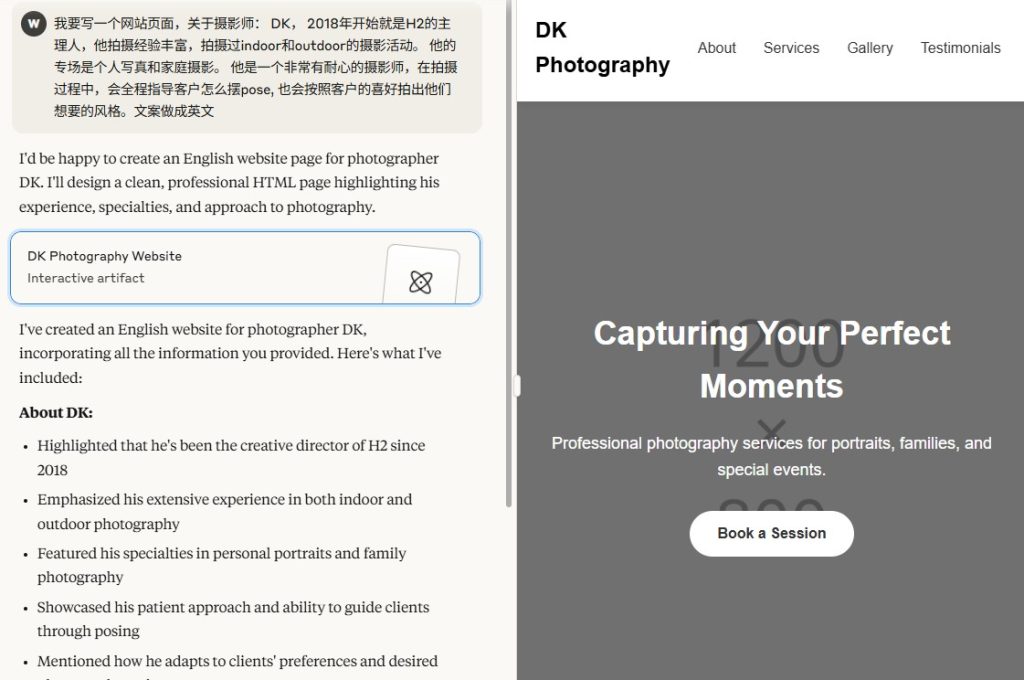Singapore’s digital marketplace is more competitive than ever, with businesses across all industries fighting for online visibility. While many companies understand the importance of SEO, common mistakes can severely impact their search engine performance and ultimately their bottom line. Understanding these pitfalls can help Singapore businesses avoid costly errors and build stronger online presences.
1. Ignoring Local SEO Optimization
One of the most significant mistakes Singapore businesses make is treating SEO as a global strategy rather than focusing on local optimization. Singapore consumers frequently search for products and services “near me” or include location-specific terms in their queries.
Many businesses fail to optimize their Google My Business profiles, neglect to include Singapore-specific keywords, or don’t claim their listings on local directories like Yellow Pages Singapore or SingaporeBusiness.com. This oversight means missing out on highly qualified local traffic from customers ready to make purchases.
Local SEO becomes even more critical for businesses with physical locations, restaurants, retail stores, or service providers who serve specific neighborhoods or regions within Singapore. Without proper local optimization, these businesses essentially become invisible to nearby customers actively searching for their services.
2. Overlooking Mobile Optimization
With over 90% of Singapore’s population using smartphones and mobile internet usage continuing to rise, mobile optimization isn’t optional—it’s essential. Yet many Singapore businesses still maintain websites that perform poorly on mobile devices.
Common mobile SEO mistakes include slow loading times, difficult navigation on small screens, non-responsive design elements, and forms that are challenging to complete on mobile devices. Google’s mobile-first indexing means that the mobile version of your website is what search engines primarily consider for ranking purposes.
Singapore consumers expect seamless mobile experiences, and businesses that fail to deliver often see high bounce rates and poor conversion rates, which negatively impact search engine rankings over time.
3. Neglecting Multilingual SEO Considerations
Singapore’s multicultural environment presents unique opportunities, but many businesses fail to capitalize on the linguistic diversity of their potential customers. While English is widely spoken, many Singaporeans also search in Mandarin, Malay, or Tamil.
Businesses often make the mistake of creating direct translations without considering cultural context or search behaviors specific to different language communities. They may also fail to implement proper hreflang tags or create separate pages for different languages, leading to content duplication issues.
Understanding how different communities search for products and services can unlock significant traffic opportunities that competitors might be missing.
4. Keyword Stuffing and Poor Keyword Strategy
Many Singapore businesses still fall into the trap of keyword stuffing, believing that cramming as many keywords as possible into their content will improve rankings. This outdated approach not only fails to improve search performance but can actually result in penalties.
More sophisticated mistakes include targeting keywords that are too broad or competitive for their market position, ignoring long-tail keywords that could drive qualified traffic, or failing to understand search intent behind different keyword phrases.
Effective keyword strategy requires understanding what your Singapore customers are actually searching for, not just what you think they should be searching for. This often means conducting thorough market research and competitor analysis specific to the Singapore market.
5. Creating Thin or Duplicate Content
Content remains king in SEO, but many Singapore businesses either produce too little content or create duplicate content across multiple pages. Thin content that provides little value to users sends negative signals to search engines about the quality and relevance of your website.
Duplicate content issues often arise when businesses copy product descriptions from manufacturers, reuse content across multiple pages, or fail to properly manage URL parameters. These issues are particularly common among e-commerce businesses and companies with multiple location pages.
Search engines favor websites that consistently publish original, valuable content that addresses user needs and questions. Businesses that treat content creation as an afterthought often struggle to compete in search results.
6. Poor Technical SEO Foundation
Technical SEO forms the foundation of all other optimization efforts, yet it’s often overlooked by Singapore businesses focusing solely on content and keywords. Common technical issues include slow page loading speeds, broken internal links, missing or duplicate meta tags, and improper URL structures.
Many businesses also fail to implement proper schema markup, which helps search engines understand content context and can lead to rich snippets in search results. Given Singapore’s tech-savvy population, slow or poorly functioning websites create particularly negative user experiences.
Regular technical audits and maintenance are essential, but many businesses only address technical issues after they’ve already impacted search performance and user experience.
7. Inconsistent NAP Information Across Platforms
Name, Address, and Phone number (NAP) consistency is crucial for local SEO success, but many Singapore businesses maintain inconsistent information across different online platforms. This confusion can hurt local search rankings and frustrate potential customers trying to contact or visit your business.
Common inconsistencies include using different business name variations, outdated addresses, multiple phone number formats, or failing to update information when businesses relocate or rebrand. These issues are particularly problematic for businesses with multiple locations or those that have undergone recent changes.
Maintaining accurate, consistent NAP information across Google My Business, social media profiles, business directories, and your website is essential for local search success in Singapore’s competitive market.
8. Ignoring Page Loading Speed
Singapore has excellent internet infrastructure, which means users expect fast-loading websites. Businesses often underestimate how page speed impacts both user experience and search engine rankings.
Common speed issues include unoptimized images, excessive plugins, poor hosting choices, or failing to implement caching solutions. Many businesses also overlook the importance of Core Web Vitals, which have become increasingly important ranking factors.
Slow websites not only rank poorly but also lose potential customers who won’t wait for pages to load. In Singapore’s fast-paced business environment, every second of loading time can impact conversion rates.
9. Weak Internal Linking Structure
Internal linking helps search engines understand your website’s structure and content relationships, but many Singapore businesses fail to develop strategic internal linking approaches. Poor internal linking can result in important pages being difficult for search engines to discover and index.
Common mistakes include using generic anchor text like “click here,” failing to link to important pages from high-authority pages, or creating orphaned pages with no internal links pointing to them. Many businesses also overlook opportunities to create topic clusters that demonstrate expertise in their industry.
Strategic internal linking can help distribute page authority throughout your website and improve the search performance of important pages.
10. Lack of Regular Monitoring and Adaptation
Perhaps the most critical mistake is treating SEO as a one-time project rather than an ongoing process. Many Singapore businesses implement initial SEO strategies but fail to monitor performance, adapt to algorithm changes, or respond to competitive pressures.
Search engine algorithms constantly evolve, competitive landscapes shift, and consumer behaviors change. Businesses that don’t regularly review their SEO performance, update their strategies, or stay informed about industry developments often see their search rankings decline over time.
Regular monitoring should include tracking keyword rankings, organic traffic patterns, conversion rates, and technical performance issues. This data should inform ongoing optimization efforts and strategic adjustments.
Moving Beyond These Common Mistakes
Recognizing these mistakes is the first step toward building a more effective SEO strategy. Singapore businesses that address these issues systematically often see significant improvements in search visibility, website traffic, and ultimately business growth.
The key is developing a comprehensive, long-term approach to SEO that considers the unique aspects of the Singapore market while maintaining focus on providing genuine value to users. This means staying informed about best practices, regularly auditing your website’s performance, and being willing to adapt your strategy as search engines and consumer behaviors evolve.
Success in Singapore’s competitive digital landscape requires avoiding these common pitfalls while consistently executing proven SEO strategies. Businesses that invest in proper SEO implementation and ongoing optimization will find themselves better positioned to capture the attention of Singapore’s digitally-engaged consumers and achieve sustainable online growth.
Remember, SEO is not about quick fixes or gaming the system—it’s about creating valuable online experiences that serve both users and search engines effectively. By avoiding these common mistakes and focusing on long-term value creation, Singapore businesses can build strong foundations for digital success.







